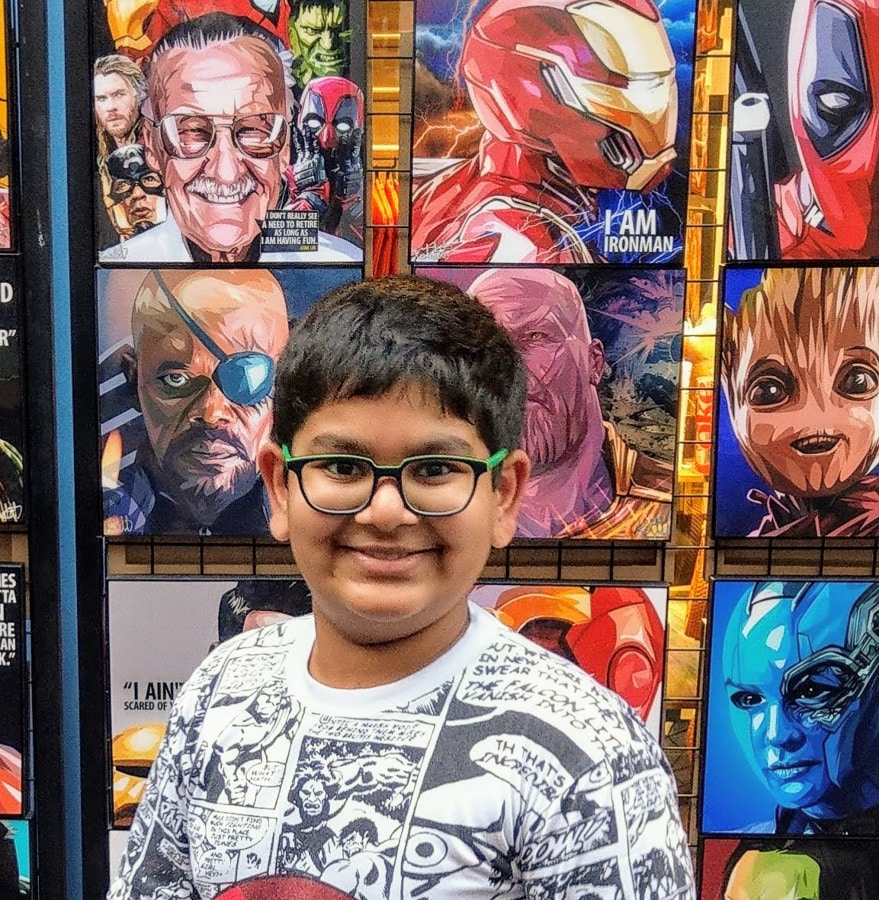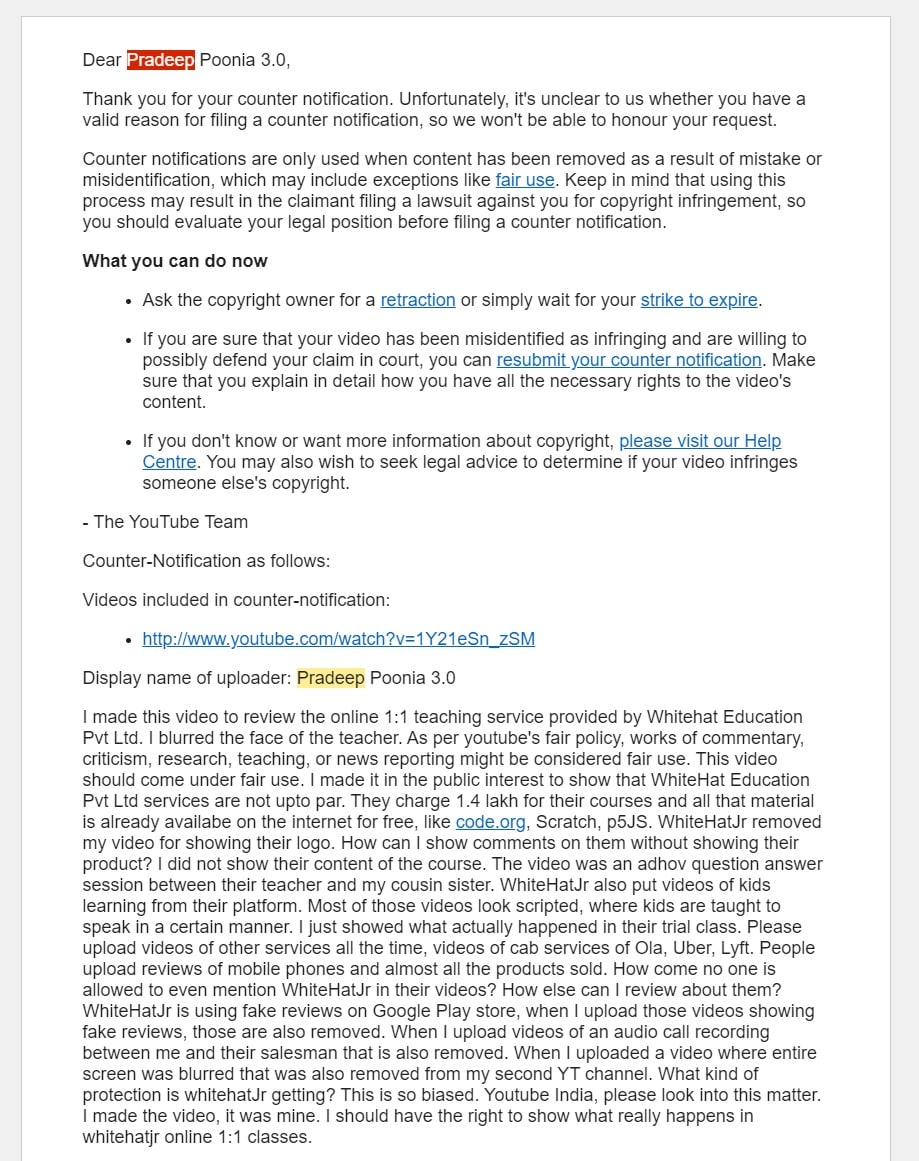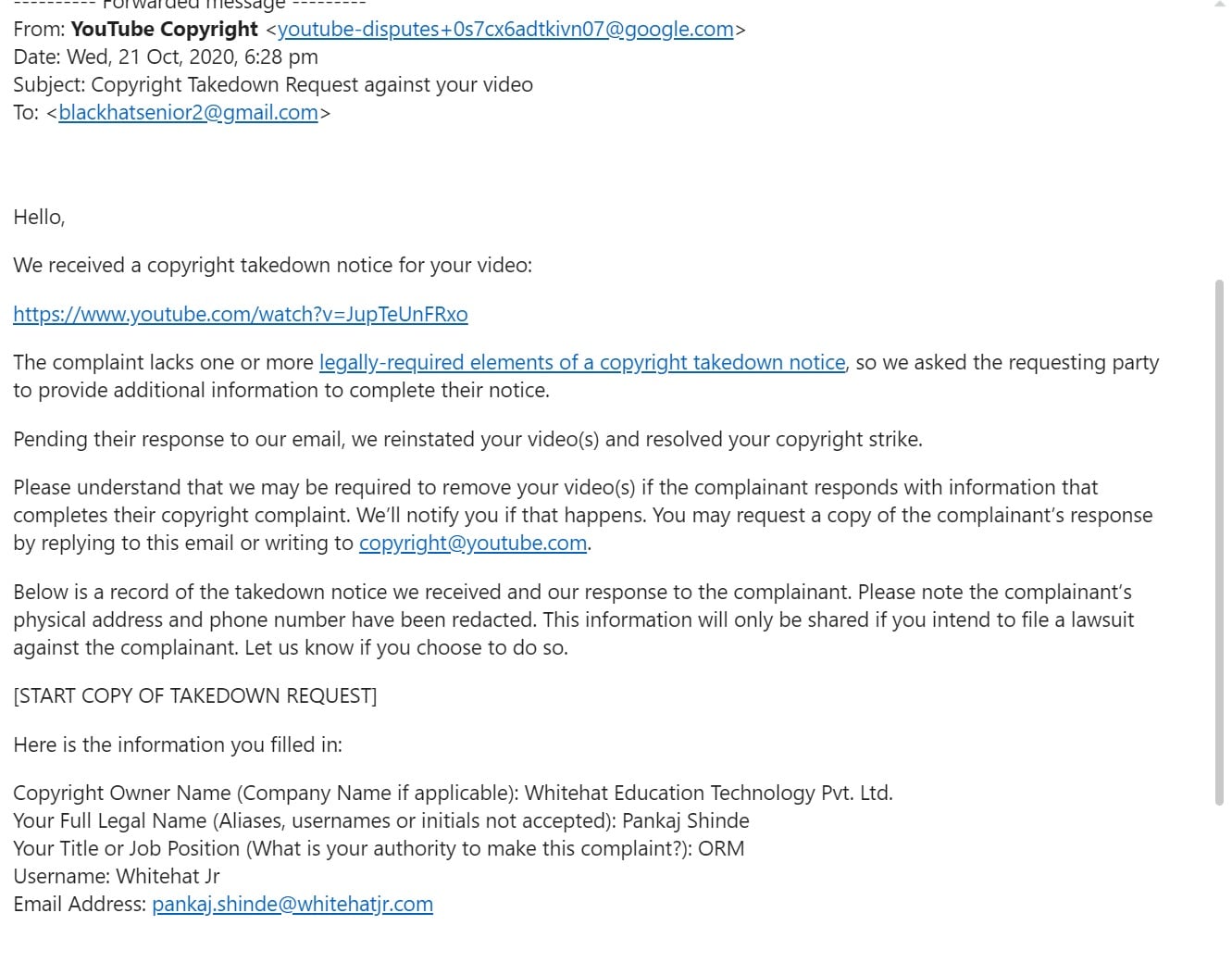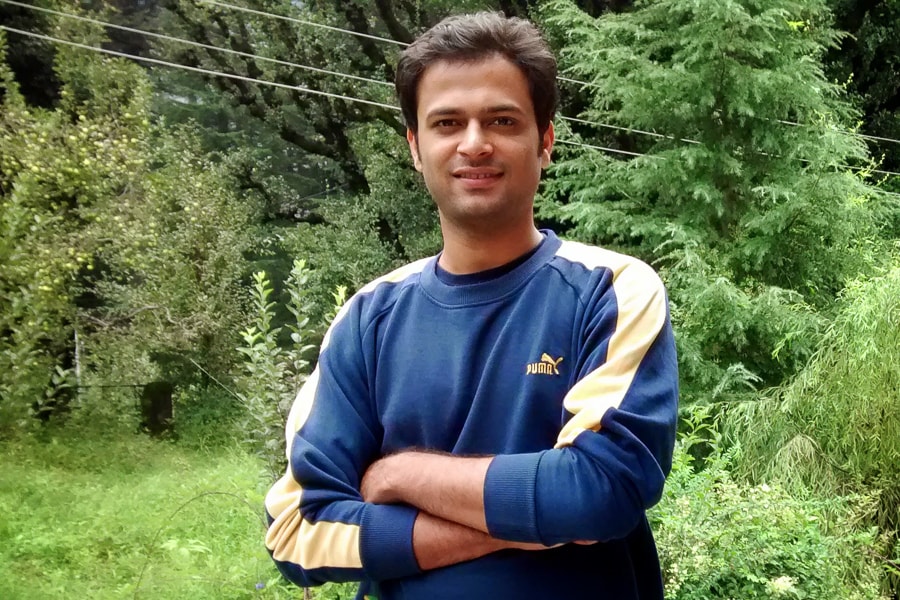
WhiteHat Jr and the curious case of disappearing dissent
Multiple people who have criticised the kids coding startup's methods or marketing campaigns have found their posts swiftly wiped off the internet. Experts say this could be corporate censorship, which points to a larger debate around transparency in content moderation
 WhiteHat Jr teaches coding to kids as young as age 6. Image: Shutterstock
WhiteHat Jr teaches coding to kids as young as age 6. Image: Shutterstock
Pune-based Jihan Haria is a 12-year-old like many others—bespectacled, chubby and energetic, eyes twinkling with mischief. He’s found himself a lockdown passion: Making YouTube videos on everything from cooking to stop motion with help from his parents, slowly amassing 800-odd subscribers. He’s also found himself in the midst of a controversy, as he faced a curious YouTube strike.
Haria filmed the first of a series of ‘advertisement roast’ videos last week, a format that dissects an advertisement that the creator considers meme-worthy, making jokes about the exaggerated plotlines and so on. He kicked off the series with speaking about an advert for WhiteHat Jr, an ed-tech startup that gives coding courses for children as young as six; within 18 months of operation, the startup was acquired by ed-tech giant Byju’s for $300 million in August.
The advert shows a group of people in suits charging into a home, punching and pushing each other in a race to get there. Out on the porch, a mother and father are watching the action with a smile, sipping their morning tea. A neighbour comes to see what the ruckus is about, and the mother is gleeful as she tells him that these are investors, rushing to bank on ‘Chintu’, their elementary school son who has built an app. The neighbour is visibly jealous.
Haria’s video pokes fun at the cinematography, the acting, along with self-deprecating jokes about how he has “wasted six years of his life” not learning how to code. It was uploaded on his channel, called Just Jihan, on Sunday afternoon, and Haria was pleased to see that it seemed to be doing well. But when he woke up from a post-lunch siesta, he was in for a shock: The video had been taken off YouTube for copyright violations, presumptively because it used footage from the advert itself. His channel had got one strike; with three strikes, the channel is taken down entirely.
However, experts say the copyright claim doesn’t seem straightforward. “The law has an exemption for the purposes of commentary in the Copyright Act, where you can reproduce the content for reviews, for instance,” explains Prashant Reddy, an independent lawyer specialising in intellectual property (IP).




 Jihan Haria, a 12-year-old YouTuber, found his video roasting WhiteHat Jr's advertisement removed.
Jihan Haria, a 12-year-old YouTuber, found his video roasting WhiteHat Jr's advertisement removed.


 Pradeep Poonia has been speaking out against WhiteHat Jr since August.
Pradeep Poonia has been speaking out against WhiteHat Jr since August.




